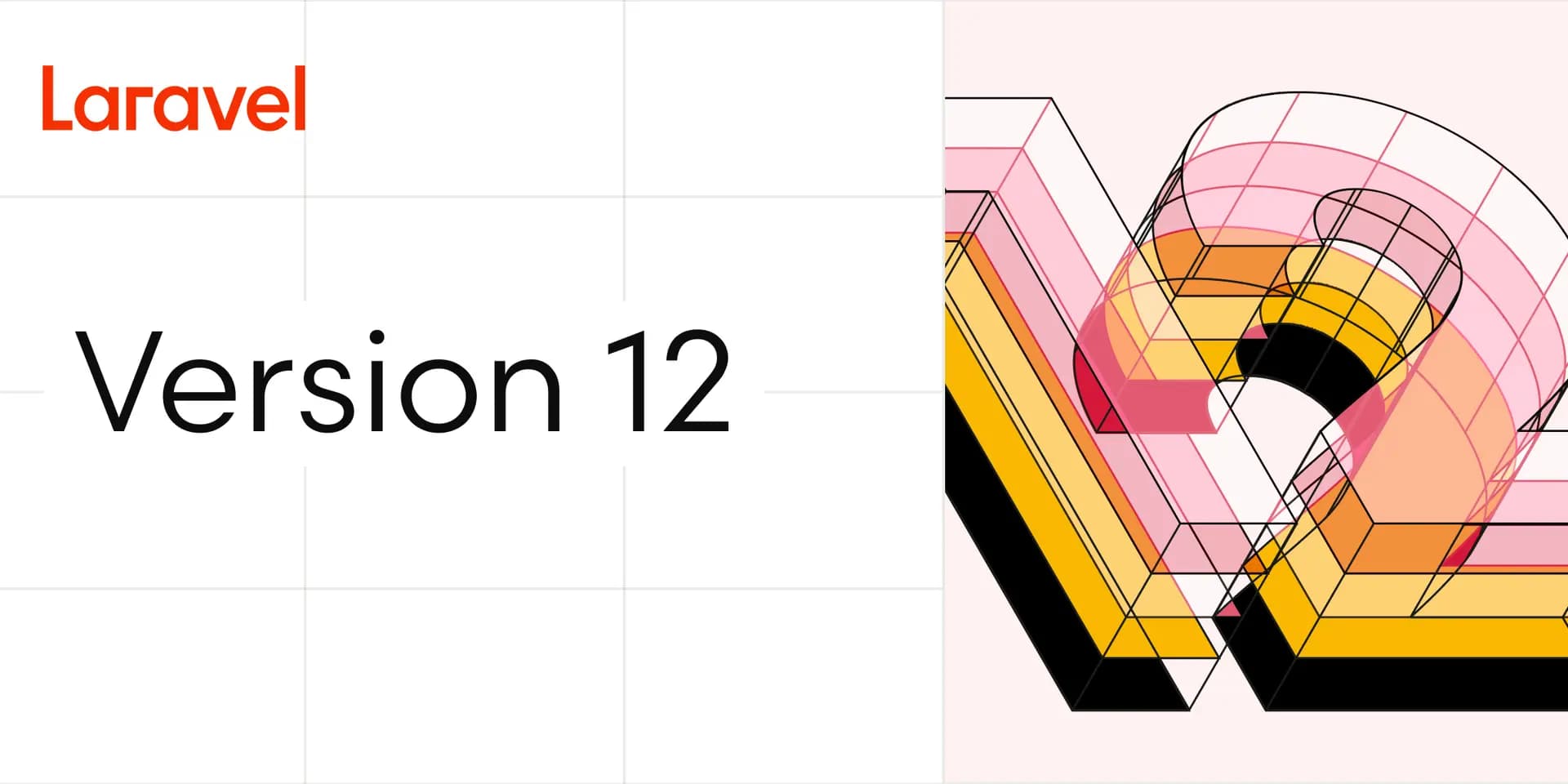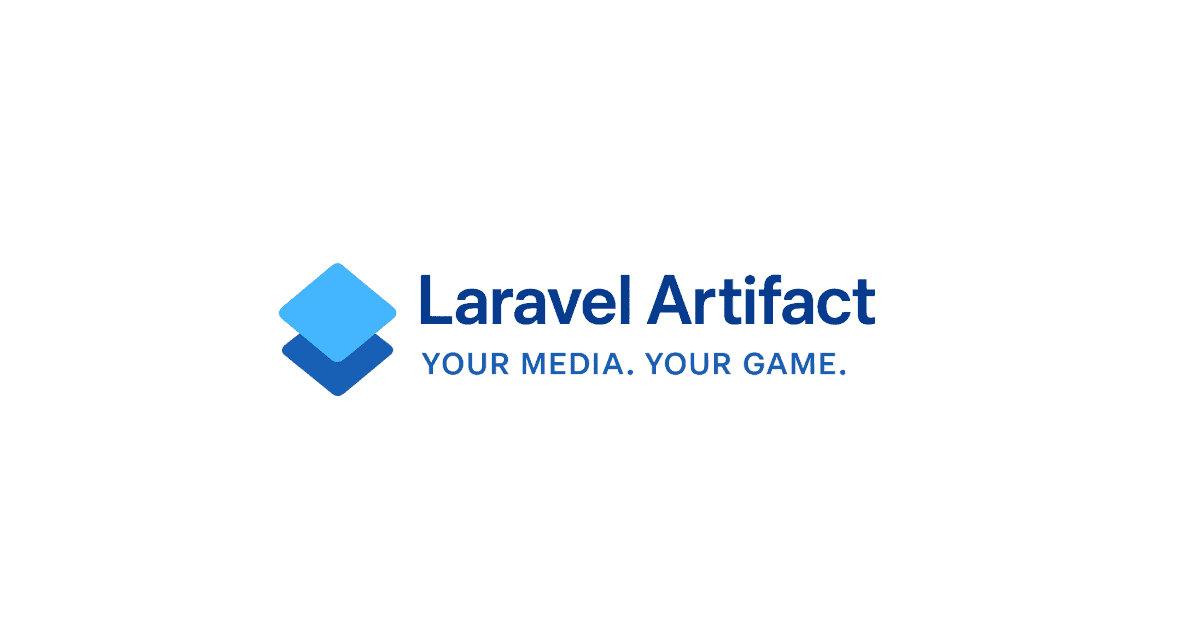Laravel's Fluent class now supports direct iteration through the Iterable contract implementation, streamlining foreach loops and eliminating unnecessary method calls. This enhancement makes working with configuration objects and API responses more intuitive.
Previously, iterating over Fluent instances required converting them to arrays first, creating verbose code that interrupted the natural flow of object manipulation. The new Iterable support removes this friction entirely.
// Previous approach - explicit conversion needed
foreach ($config->data->toArray() as $key => $value) {
echo "{$key}: {$value}\n";
}
// Current approach - direct iteration
foreach ($config->data as $key => $value) {
echo "{$key}: {$value}\n";
}This change aligns Fluent objects with PHP's native iteration expectations, making them behave more like standard arrays while maintaining their fluent interface capabilities. The implementation seamlessly integrates with existing codebases without breaking changes.
Consider implementing an application configuration manager that handles various environment settings. The enhanced Fluent iteration capabilities make processing these configurations significantly cleaner and more expressive.
<?php
namespace App\Services;
use Illuminate\Support\Fluent;
class ConfigurationManager
{
public function getApplicationSettings(): Fluent
{
return new Fluent([
'app_name' => 'Laravel Application',
'version' => '2.1.0',
'debug_mode' => false,
'cache_enabled' => true,
'api_timeout' => 30,
'max_file_size' => '10MB'
]);
}
public function generateConfigReport(): array
{
$settings = $this->getApplicationSettings();
$report = [];
foreach ($settings as $key => $value) {
$report[] = sprintf('%s: %s',
str_replace('_', ' ', ucwords($key, '_')),
is_bool($value) ? ($value ? 'enabled' : 'disabled') : $value
);
}
return $report;
}
public function validateConfiguration(): bool
{
$settings = $this->getApplicationSettings();
$requiredKeys = ['app_name', 'version', 'debug_mode'];
foreach ($settings as $key => $value) {
if (in_array($key, $requiredKeys) && empty($value) && $value !== false) {
return false;
}
}
return true;
}
public function exportToJson(): string
{
$settings = $this->getApplicationSettings();
$data = [];
foreach ($settings as $key => $value) {
$data[$key] = $value;
}
return json_encode($data, JSON_PRETTY_PRINT);
}
}
// Usage demonstration
$manager = new ConfigurationManager();
$config = $manager->getApplicationSettings();
foreach ($config as $setting => $value) {
echo "Configuration: {$setting} = " . var_export($value, true) . "\n";
}The configuration manager showcases how direct iteration simplifies various operations like generating reports, validating settings, and exporting data. Each method leverages the enhanced iteration capabilities without requiring array conversions or additional method calls.
Blade templates also benefit from this improvement, making view logic more readable and consistent with standard PHP iteration patterns:
{{-- Previous syntax requiring conversion --}}
@foreach($applicationConfig->settings->toArray() as $key => $value)
<tr>
<td>{{ ucwords(str_replace('_', ' ', $key)) }}</td>
<td>{{ $value }}</td>
</tr>
@endforeach
{{-- Simplified syntax with direct iteration --}}
@foreach($applicationConfig->settings as $key => $value)
<tr>
<td>{{ ucwords(str_replace('_', ' ', $key)) }}</td>
<td>{{ $value }}</td>
</tr>
@endforeachThe Iterable contract implementation represents Laravel's commitment to reducing developer friction while maintaining backward compatibility. This enhancement makes Fluent objects feel more native to PHP developers while preserving all existing functionality and fluent method chaining capabilities.










